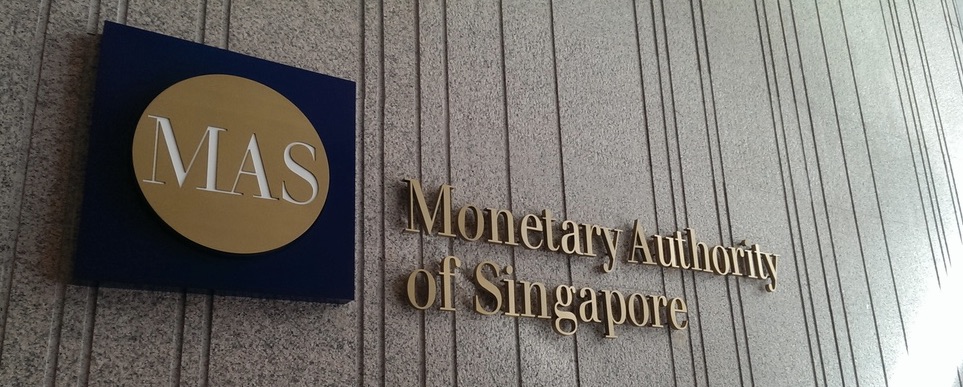The Monetary Authority of Singapore (MAS) announced on Wednesday that the Singapore Savings Bond (SSB) program has exceeded S$1 billion in outstanding amount with more than 37,000 investors.
In its findings, it is said that the program has appealed to small savers, with 55 percent of all applications comprising investments of S$10,000 and below.

Responding to requests for online options from the other participating banks, MAS announced that three additional online application channels are now available. Interested investors may now apply for SSBs through:
- OCBC’s and UOB’s Internet Banking portals, and
- OCBC’s mobile application (the OCBC OneWealth™ application).
Also responding to requests from the public, MAS will provide regular email updates to subscribers, which include information on the latest SSB interest rates. Those interested may sign up for this service at the SSB website from 1 March 2017 onwards, the MAS said.
The public notice below contains the full terms of issue for the next SSB on offer (SBMAR17), including the schedule of interest rates.

For more information, members of the public could visit the SSB website or call the SSB hotline at 6221-3682. The Savings Bonds hotline operating hours are: Mondays to Fridays (8.30am to 12pm and 2pm to 5.30pm), excluding Public Holidays.







